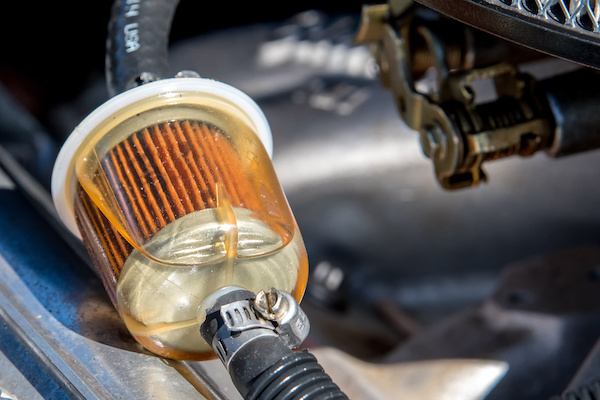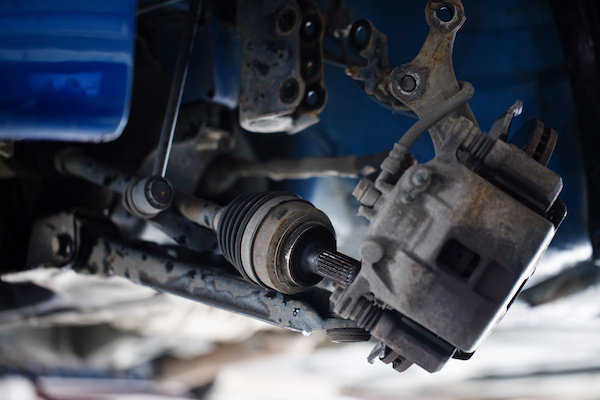Posted on 2/27/2023

You anticipate that, depending on how firmly you depress the gas pedal, your car will accelerate in response. The projected takeoff should occur for vehicles that are receiving enough fuel and are otherwise in good condition. When this doesn't happen and the automobile instead hesitates or accelerates slowly, the fuel or emissions system may be malfunctioning. In order to avoid putting oneself in danger, a car that struggles to accelerate should be fixed right once. This is especially important when attempting to ascend hills, merge onto freeways, or at crossroads. Combustion engines are built so that fuel can be given to the engine and exhaust gases may be released outside of the vehicle. The combustion process, which powers your car forward, requires the cooperation of numerous parts and sensors. In the event that this system fails, the vehicle can have issues with acceleration. These problems more frequently result from a gasoline system breakdown. Your car's inability to ... read more
Posted on 1/31/2023

Did you know that your vehicle’s wheels' performance relies on its constant velocity (CV) joints and axles? It doesn’t matter whether you drive a front-wheel drive or rear-wheel drive vehicle; CV joints are necessary for proper steering, braking, and overall driving of your vehicle. They can be found at the ends of the drive shafts. CV joints support the weight of your vehicle and play a pivotal role in bringing engine power to your wheels. The CV joint and axles are prone to wear out over time. If they break, you should not drive your vehicle at all. To ensure your older vehicle doesn’t give out, we recommend getting a visual inspection of the CV axles, CV joint, and the surrounding areas to keep you and your passengers safe. What Are the Signs of Bad CV Joints? Knocking, clicking, grinding sound Vibrations while driving Leaks Tear on boot If your CV joint and axles fail, it is super risky to drive. You run the chances of losing complete control of t ... read more